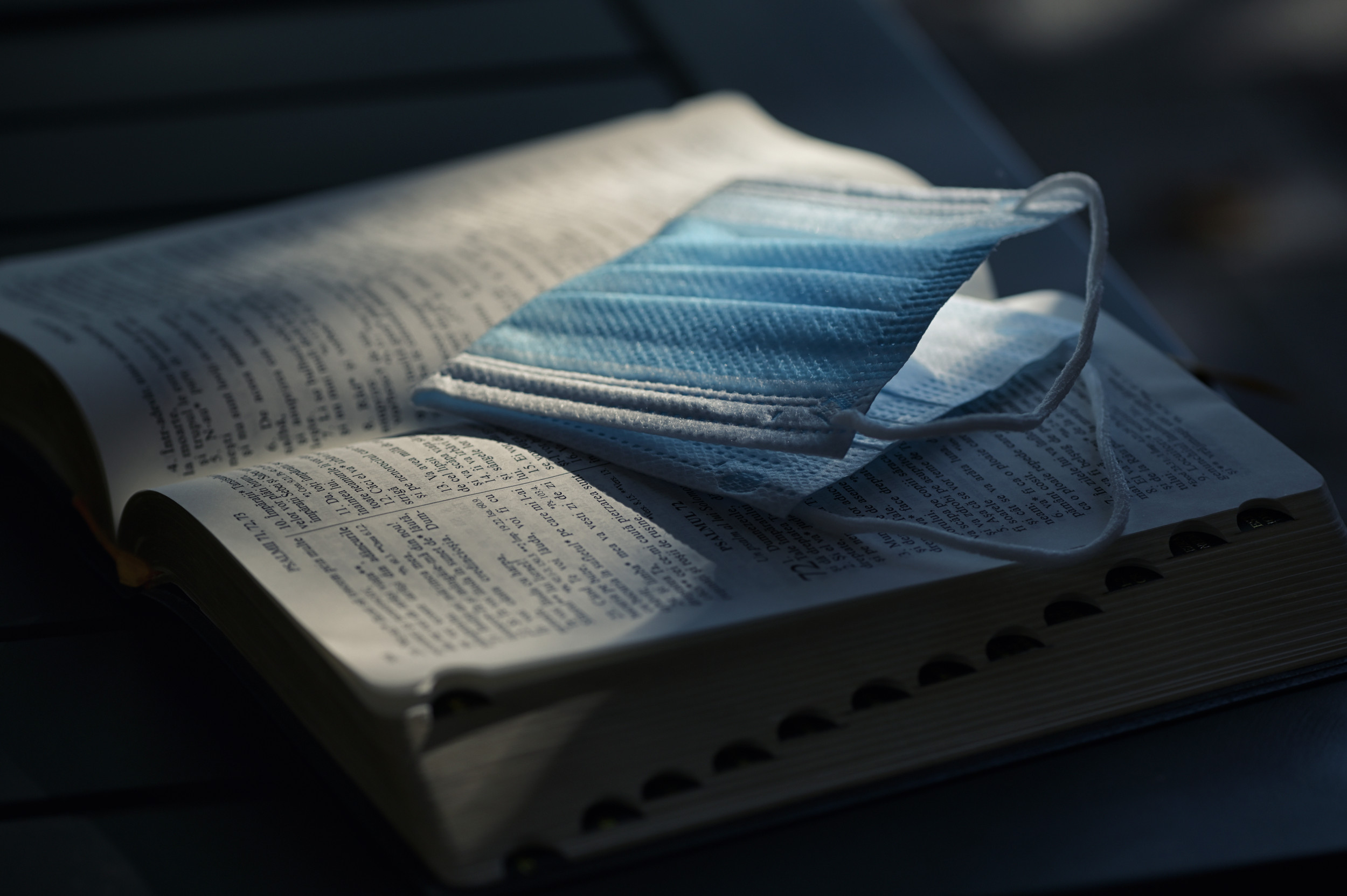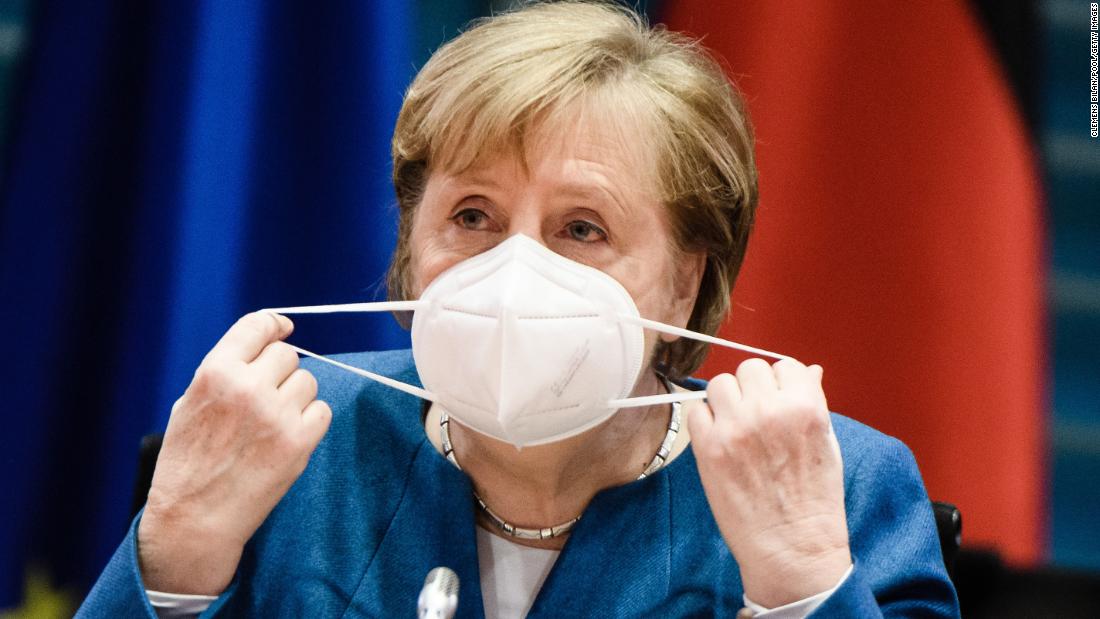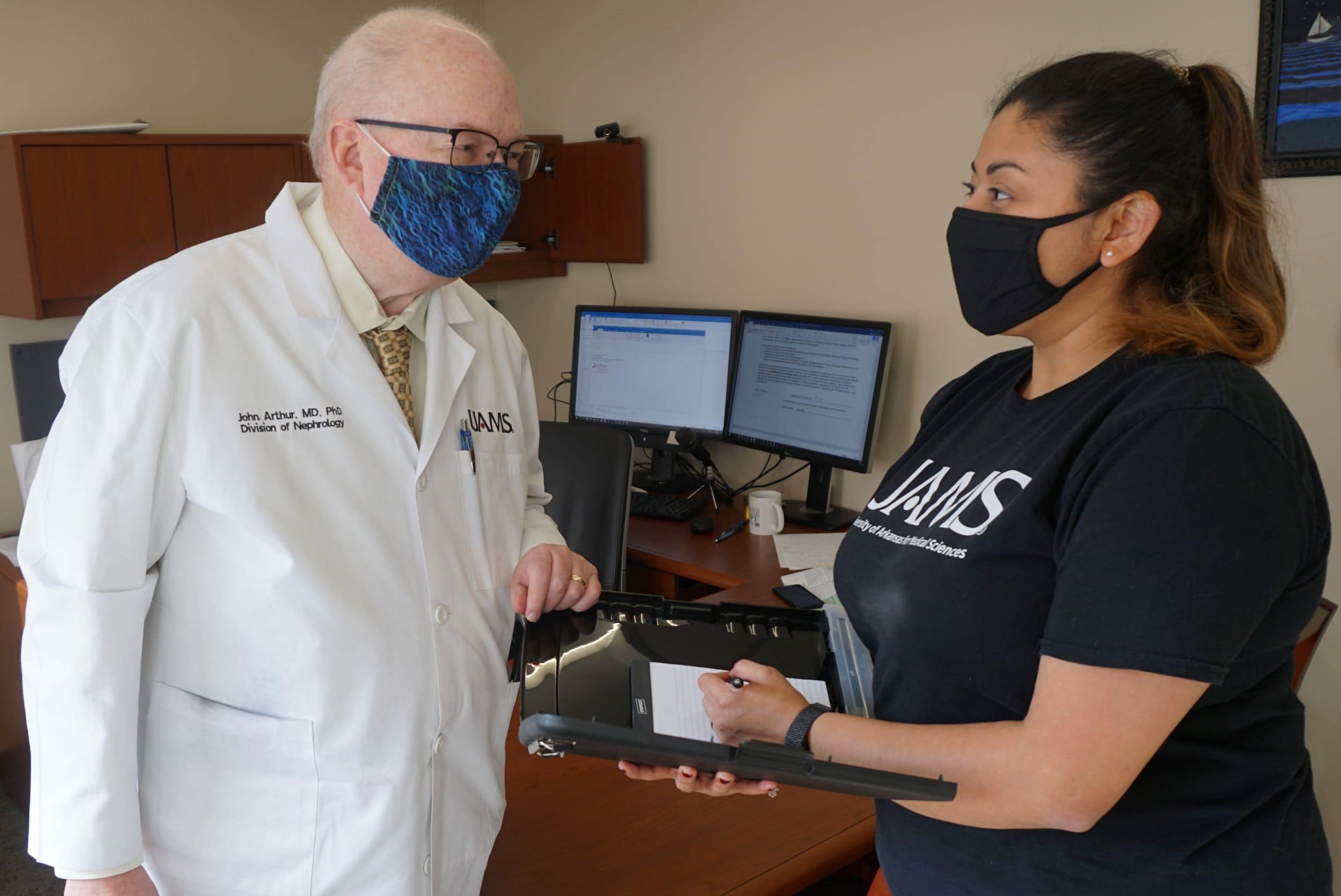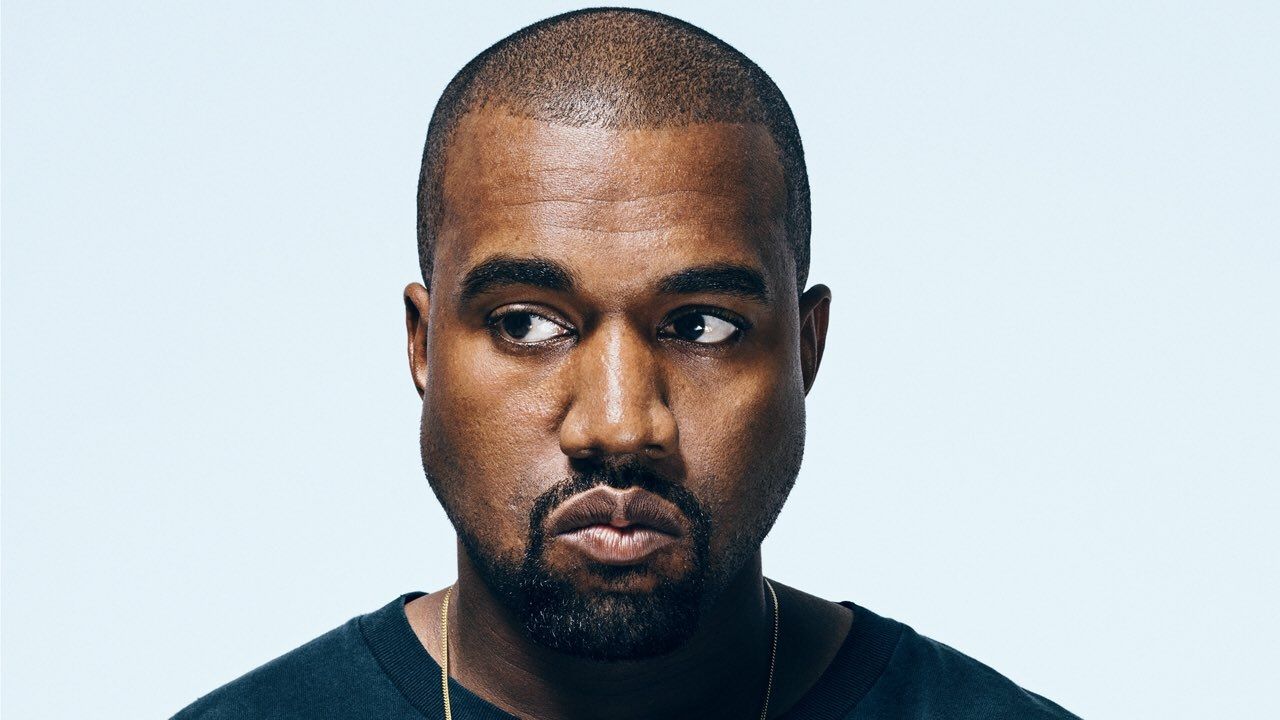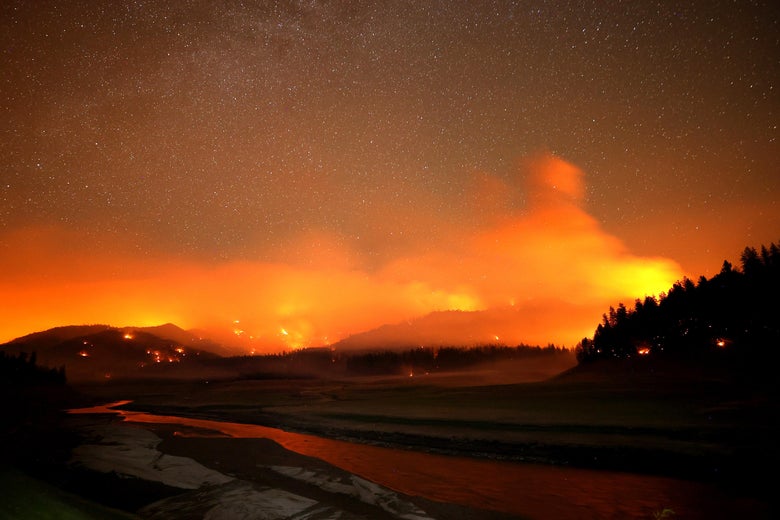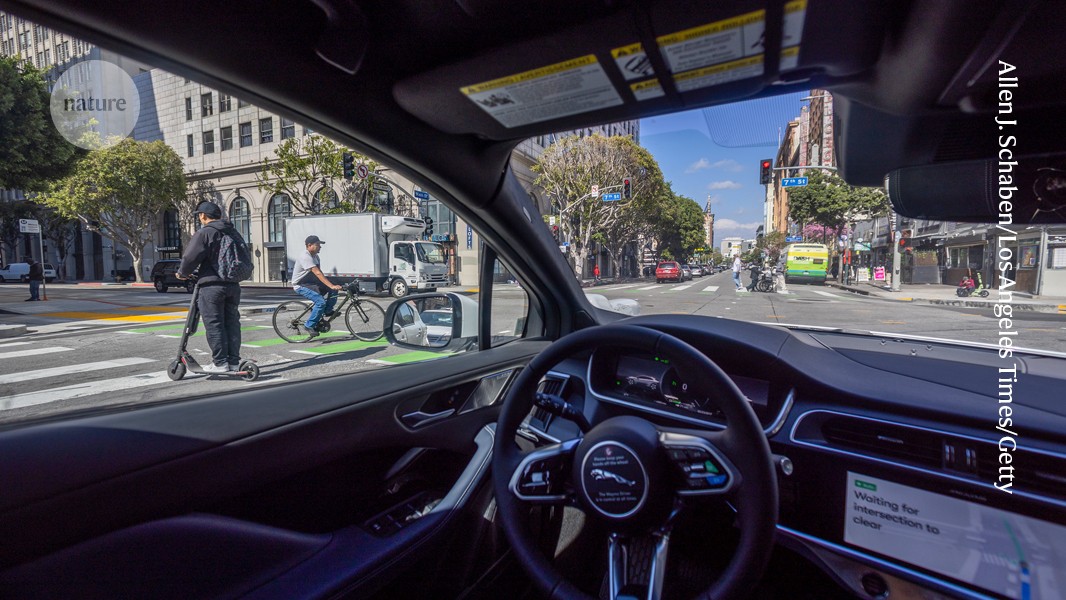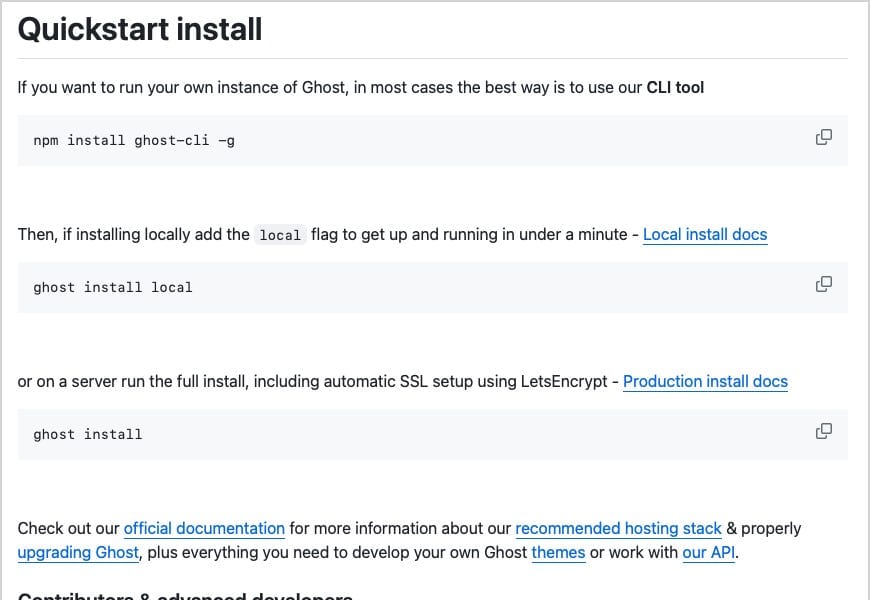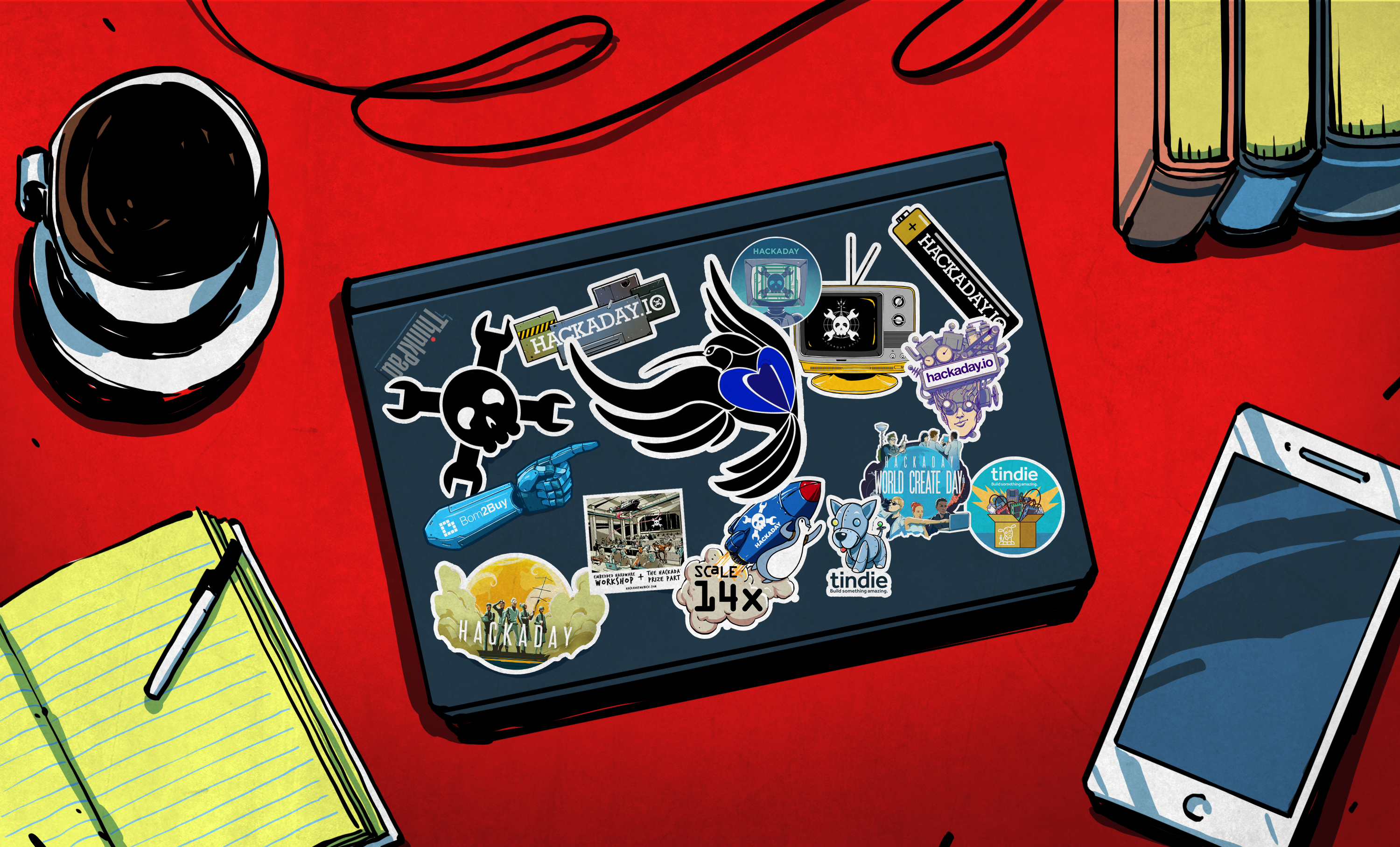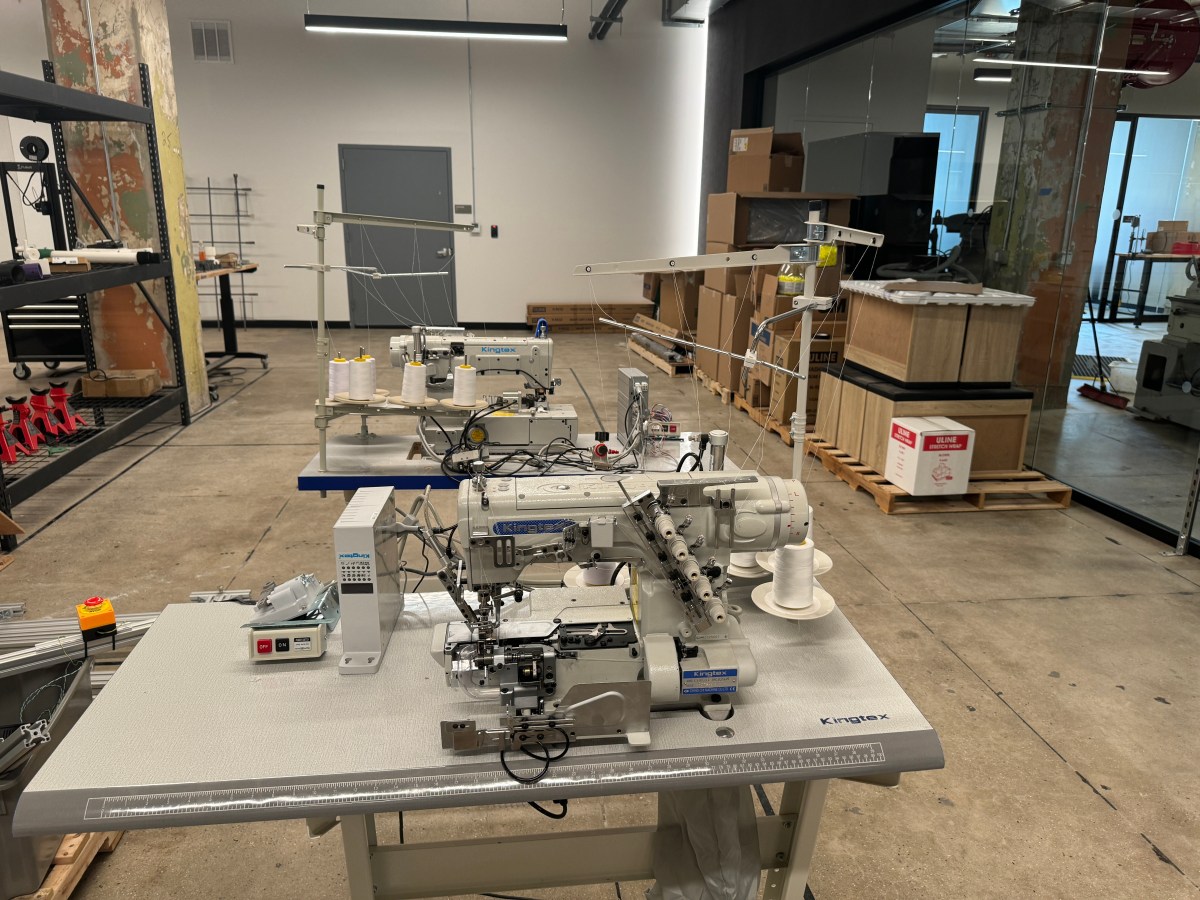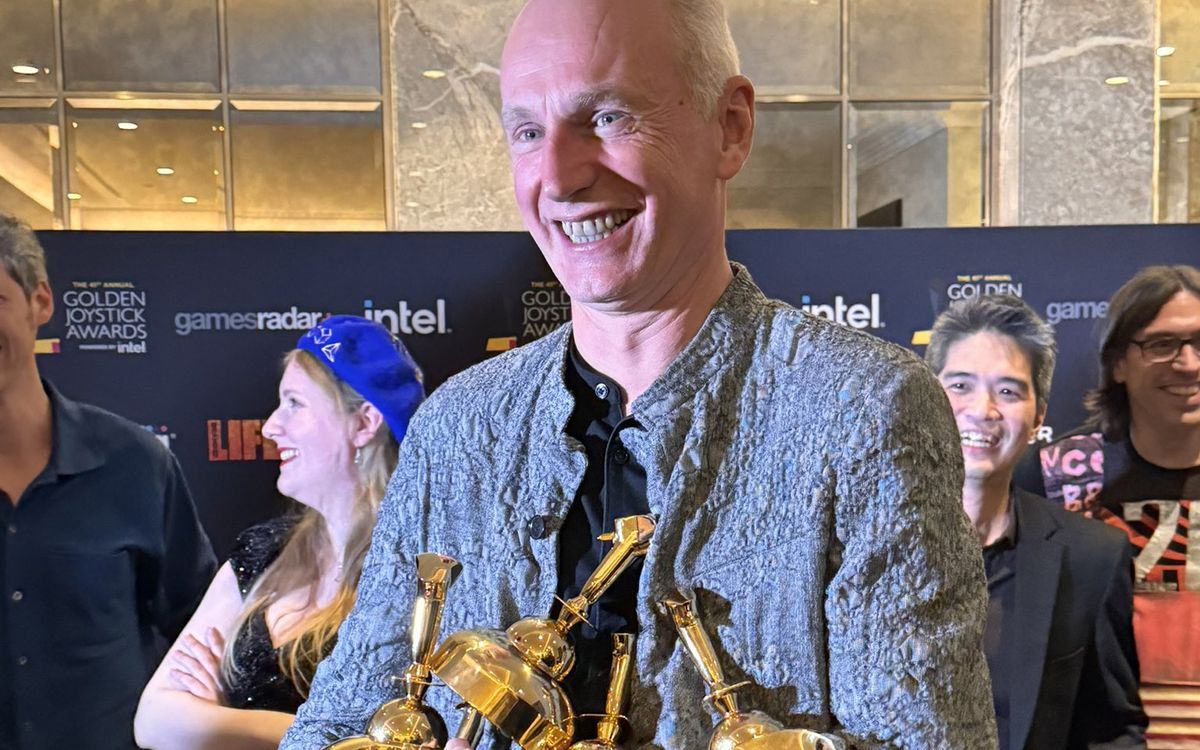
A Scientist Who Said No to Covid Groupthink
A few months before Covid-19 became a pandemic, Filippa Lentzos started reading about unusual flu cases in Wuhan, China. Ms. Lentzos, a social scientist who studies biological threats, belongs to an email group she describes as consisting of “ex-intelligence, bioweapons specialists, experts, former State Department diplomats” and others “who have worked in arms control, biological disarmament.”
As Chinese authorities struggled to contain the outbreak, she recalls, the expert circle asked questions about the pathogen’s origin: “Is this security related? Is it military? Is there something dodgy going on? What information are we not getting here?” They asked these questions “not because we are conspiracy theorists. This is our profession,” Ms. Lentzos, 44, says in a video interview from her home in Switzerland. As the coronavirus and alarm about it spread, nonexperts started asking similar questions—only to be mocked or silenced by journalists, social-media companies and prominent scientists.
By spring 2020, top Republicans—including Arkansas Sen. Tom Cotton, Secretary of State Mike Pompeo and President Trump—were arguing that the pandemic could have started at the Wuhan Institute of Virology, which had conducted experiments on coronaviruses. “For me, the lab leak was always on the table,” Ms. Lentzos says. “For a lot of us in the biological weapons, security world.” But in February 2020, a group of scientists had published a statement in the Lancet calling out “conspiracy theories suggesting that COVID-19 does not have a natural origin.” The New York Times and Washington Post dutifully attacked Mr. Cotton as unhinged. Media, with an assist from some virologists, dismissed the lab-leak theory as “debunked.”

